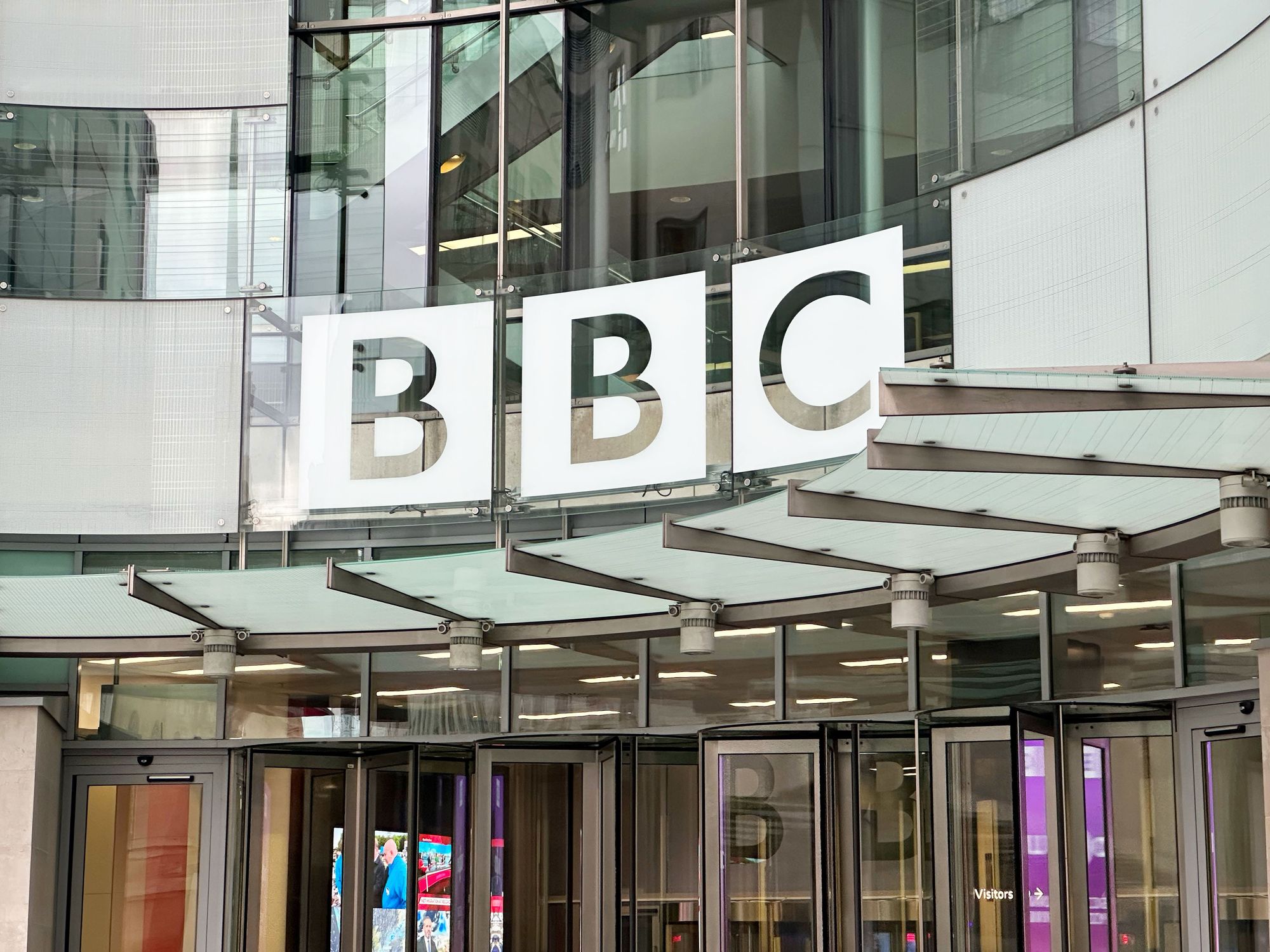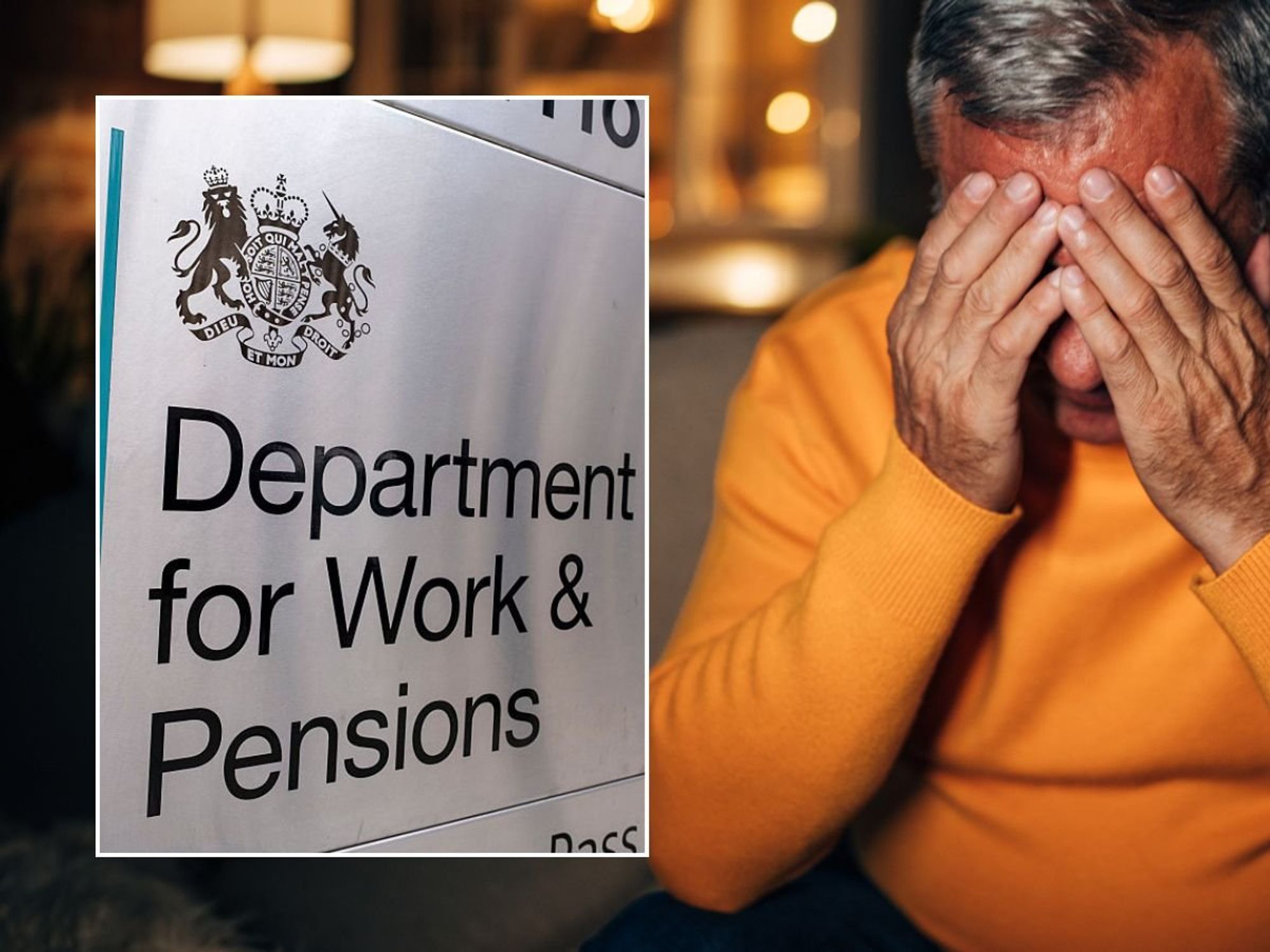Thousands urged to check payslips before key deadline as HMRC tax code errors could cost you £3,500

Workers who have seen a drop in income or whose circumstances have changed could be overpaying tax by a significant amount
Don't Miss
Most Read
Latest
Thousands risk handing over more than £3,500 to HMRC unnecessarily, experts have warned, as they are on the wrong tax code.
The warning relates to the second "payment on account" due under the Self Assessment system. This mid-year bill affects anyone whose tax liability exceeded £1,000 in the previous year.
But for those whose income has dropped or circumstances have changed, it could mean overpaying by a significant amount.
Robert Jones, CEO of the tax refund company Swift Refunds: "Many people assume they just have to pay what HMRC tells them, but that's not always the case."
Workers who have seen their income fall due to losing clients, changing jobs or taking a career break since their last tax return could be eligible to reduce their payment, or even claim a refund, instead of paying the full July amount.
The payment on account system requires self-employed individuals and others in Self Assessment to pay part of their tax bill in advance. These advance payments are meant to cover the current tax year, even though it hasn't ended yet.
The first instalment is due in January, alongside the tax return deadline. The second falls in July, often months before it's clear what a person’s final tax bill will be.
For those whose income has dropped, this mid-year demand could be based on outdated earnings, leading to overpayment unless action is taken. Swift Refunds estimates the average UK tax refund to be around £2,000,
The tax refund specialists indicate any self-employed or mobile-working clients manage to reclaim between £1,500 and £3,500 - especially when claiming across multiple years.
 Man looking worried and HMRC letter | PA / GETTY
Man looking worried and HMRC letter | PA / GETTYRobet said: "We've seen clients reclaim thousands because they were on the wrong tax code, had fluctuating income, or didn't realise they could reduce their payments.
"If you’re self-employed or have multiple sources of income, it’s worth speaking to a tax specialist, or at the very least, reviewing what you’ve been asked to pay this month."
Incorrect tax coding often affects workers with multiple revenue streams, whilst those experiencing variable earnings throughout the year face similar overpayment risks.

These amounts become particularly significant when claims span several tax years
| GETTYPart-time workers and individuals balancing several employment arrangements frequently encounter these issues without recognising the cumulative financial impact.
The current economic climate has increased the number of UK workers maintaining diverse income portfolios, amplifying the likelihood of tax miscalculations and subsequent overpayments requiring correction.
Workers should examine several key factors to determine their eligibility for reduced payments or refunds.

Taxpayers can modify their July payment through HMRC's SA303 form
| PASignificant income decreases compared to previous returns warrant immediate review, as do situations involving incorrect tax codes or secondary employment taxation errors.
Those who haven't claimed all permissible business expenses should also reassess their position.
Taxpayers can modify their July payment through HMRC's SA303 form or via online services if circumstances justify reduction. Additionally, previously overpaid tax remains recoverable through appropriate claims.
"You're not doing anything wrong by making sure you're only paying what you owe," Robert adds.
More From GB News










